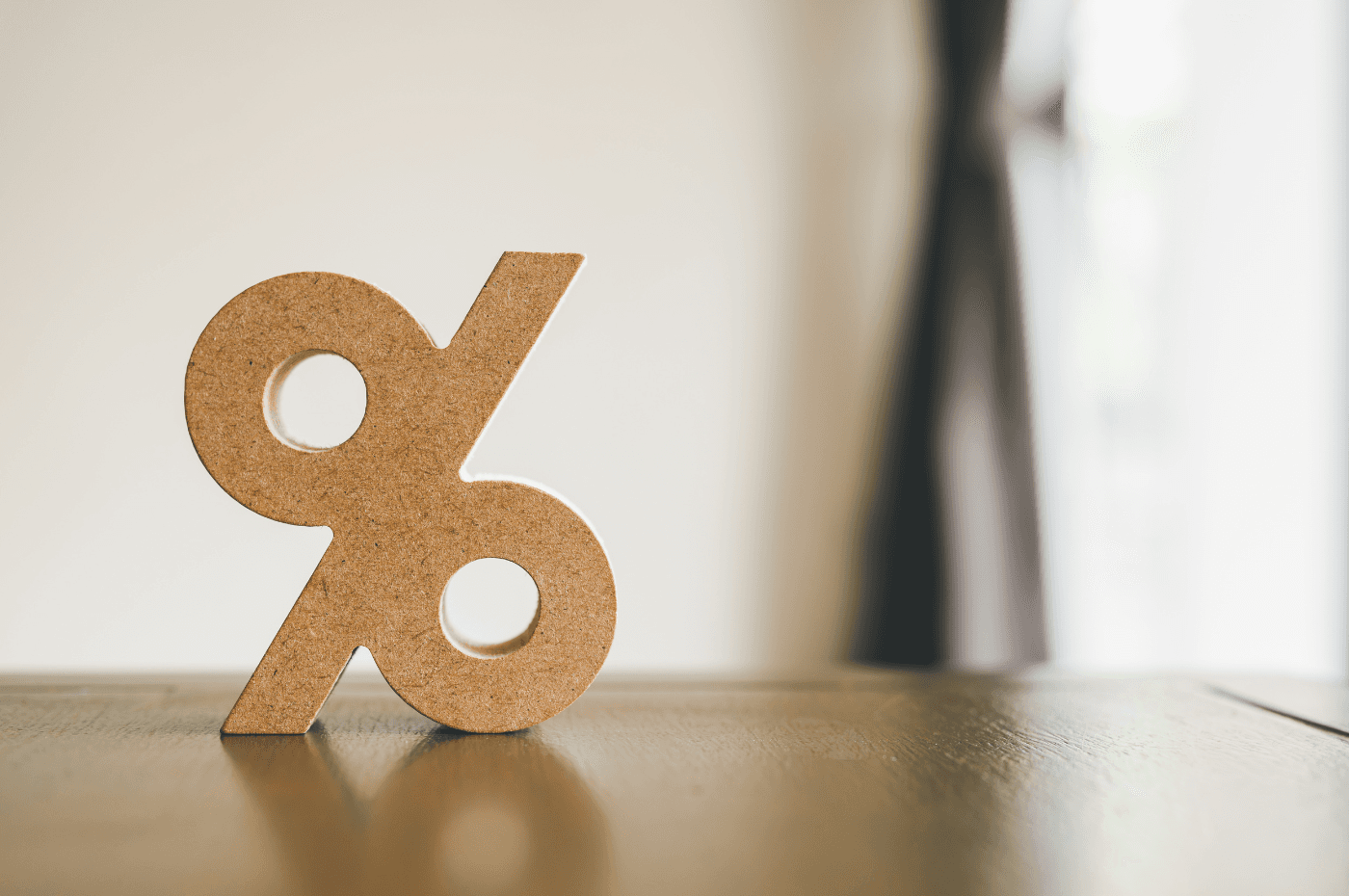Are you thinking about buying a property? One important aspect to consider is your down payment. What options are available to you? Should you choose a traditional or non-traditional down payment?
Gathering the necessary funds, which can amount to several thousand dollars, isn’t always easy. Luckily, there are multiple ways to come up with the money. Down payments generally fall into two main categories: traditional and non-traditional.
What's the minimum down payment required?
The down payment represents a portion of the property’s purchase price that you need to contribute from your own funds. Generally, the minimum down payment required by financial institutions is 5%, provided you also have mortgage insurance.
However, banks may ask for a higher down payment depending on:
- Financial situation: if you’re self-employed, you may need to provide a larger down payment.
- Type of property: buying a multi-family unit, such as a triplex, usually requires a bigger down payment compared to a single-family home.
- Ownership status: an owner-occupant typically qualified for a lower down payment than someone purchasing an investment property.
Down payment: how to avoid the CMHC insurance premium?
While the minimum down payment is usually 5%, you’ll need to contribute at least 20% of the property’s purchase price to avoid paying the mortgage loan insurance premiums. This higher down payment helps you steer clear of the additional costs associated with insurance.
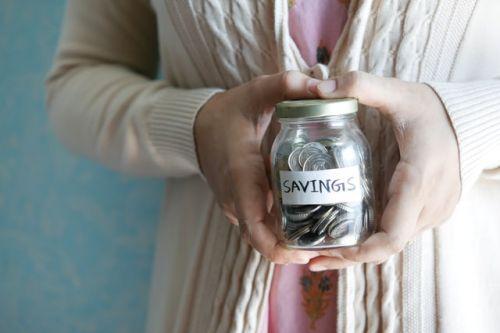
What are sources of traditional down payment?
Most real estate purchases are made with a down payment from a traditional source. Unlike non-traditional sources, these options do not increase the buyer’s debt level. Common traditional sources include:
Personal Savings
Personal savings are likely the most common way to gather funds for a down payment. This can include your bank account balance, amounts in your Tax-Free Savings Account (TFSA), and other investments.
However, keep in mind that withdrawing from certain investment accounts may incur penalties, so it’s wise to consult a tax expert beforehand to avoid any unexpected issues.
In most cases, the funds used for your down payment must have been in the account for at least 90 days prior to the purchase. This requirement helps lenders verify the source of the funds.
Using Your RRSPs (HBP Program)
You can also access funds from your RRSPs through the Home Buyers’ Plan (HBP). This government program allows you to withdraw up to $35,000 from your RRSPs ($70,000 for couples) to use as a traditional down payment, and this amount is not taxed.
However, there are specific conditions you must meet:
- The property must become your principal residence within one year of purchase.
- The funds must have been in the RRSP account at least 90 days before the withdrawal.
- You will need to repay the withdrawn amount over a maximum period of 15 years.
To take advantage of this program, you’ll need to complete Form T1036, which is available on the Canada Revenue Agency’s website.
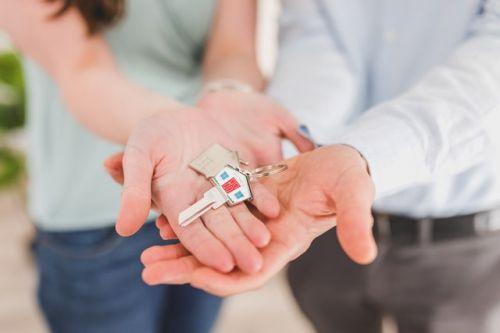
Non-refundable gift from a relative
Your traditional down payment can also be funded through a non-refundable gift from a family member or close relative. Typically, lenders will require proof that the gift has been in the donor’s bank account for at least 90 days.
If you choose this option, it’s a good idea to have a notary help you document the terms of the gift. A donation letter is often used to confirm that the funds are a gift and not a loan, ensuring clarity for both parties and the lending institution.
Gift of equity
A gift of equity can also be utilized as a down payment, for purchasing a family home, though it differs from a cash donation. In this arrangement, a parent sells their home to their child for less than its market value. The difference between the sale price and the property’s actual value is considered the down payment being gifted.
This approach allows the child to benefit from the equity in the home, while providing the parent with a straightforward way to assist in the purchase. It’s essential to document this arrangement properly to ensure clarity for both parties and any lending institution involved.
Other options
In addition to the options previously mentioned, there are other traditional down payment sources accepted by banks when buying a house:
- Inheritance: funds received as an inheritance can be used, but you’ll need to provide proof of this inheritance.
- Proceeds from the sale of a property: profits from selling your existing home can serve as a down payment for a new purchase.
- Rent to own: this arrangement allows you to build up a down payment through your rental payments, which you can later use to buy the property.
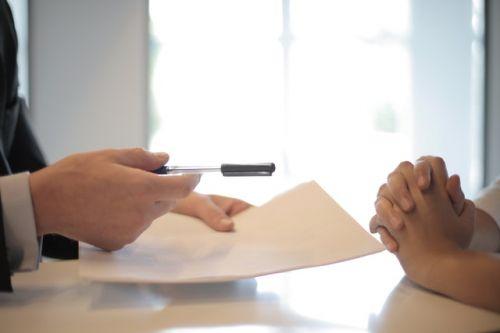
What are sources of non-traditional down payments?
Non-traditional down payments can provide a good alternative for buyers, but it’s important to note that only borrowers with excellent credit histories typically qualify for these kinds of loans.
Additionally, some mortgage insurers, such as the CMHC, have stated that they will not insure loans funded through non-traditional sources. As a result, without insurance, borrowers may need to provide a larger down payment, usually around 20% of the property’s purchase price.
Personal loan
In some cases, you might consider obtaining a personal loan or line of credit to fund your down payment. Funds available from your credit card could also be used.
However, this option is rarely used, as banks typically discourage this type of financing. The primary purpose of a down payment is to demonstrate that you have the financial resources to cover the property’s cost. Relying on credit to finance a down payment may raise concerns about your overall financial stability.
Repayable loan from a relative
A loan from a friend or a family member can serve as a non-traditional down payment option. While this can provide helpful support, it’s essential to establish cleat repayment terms in advance. Having a written agreement can help ensure transparency and prevent any misunderstandings between parties involved.
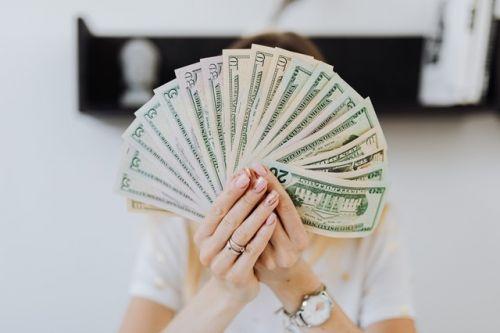
Exploring all financial assistance avenues
Building a sufficient down payment can be challenging, especially if you’re relying solely on your own savings. Don’t hesitate to explore the financial assistance options available to you.
Start by checking with your local municipality or the town where you plan to buy. There might be programs designed to assist aspiring homeowners of that area.
Additionally, numerous government programs at both the provincial and federal levels can provide support. For example, the Home Buyer’s Plan (HBP), is one option, but there are others as well, including:
- The First-Time Home Buyer Incentive
- The First-Time Home Buyers' Tax Credits
Are you looking to secure a mortgage loan?
XpertSource.com can help you in your efforts to find a mortgage broker. By telling us about your project, we will refer you to top-rated experts, free of charge! Simply fill out the form (it only takes 2 minutes) and you will be put in contact with the right experts.




